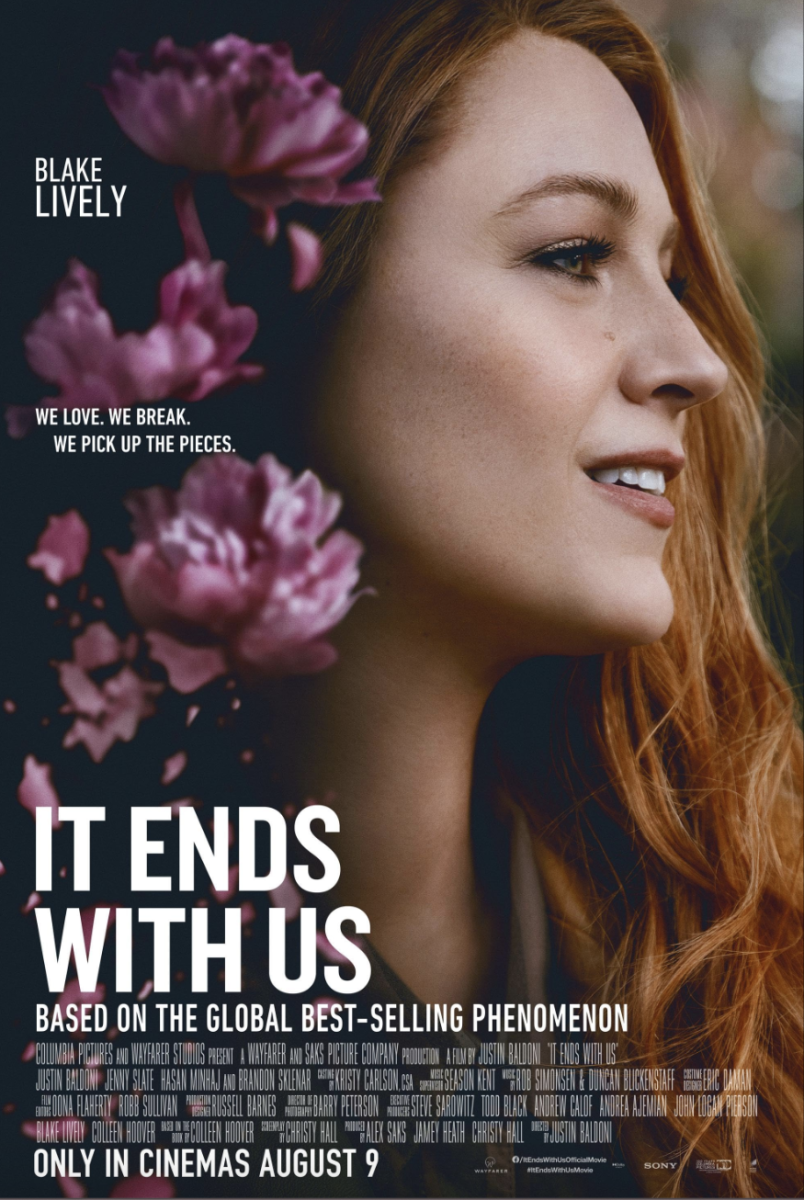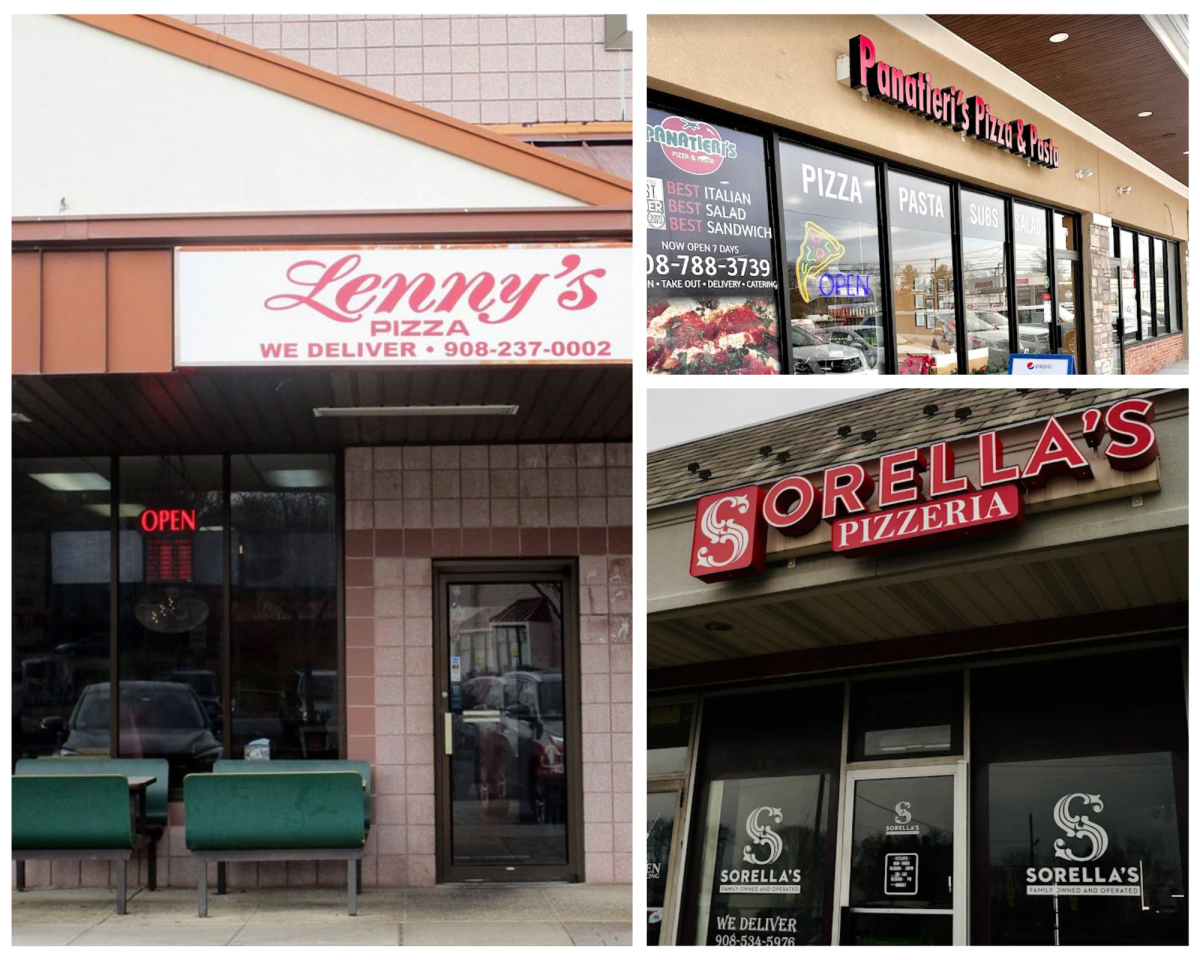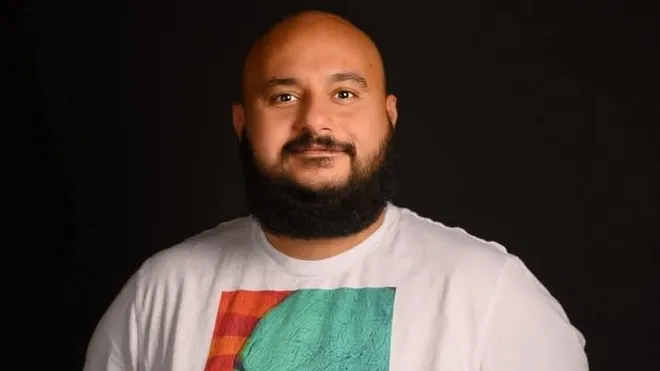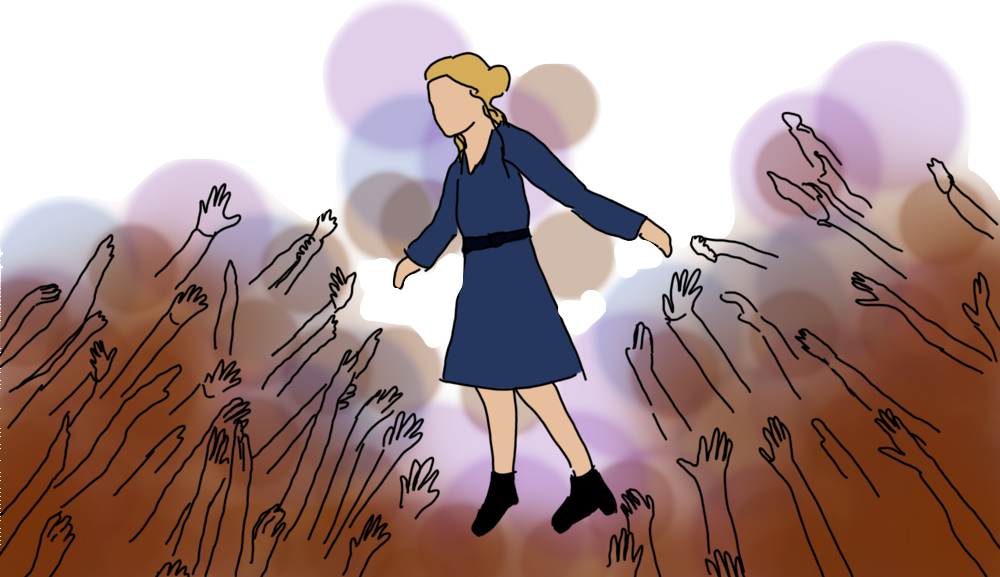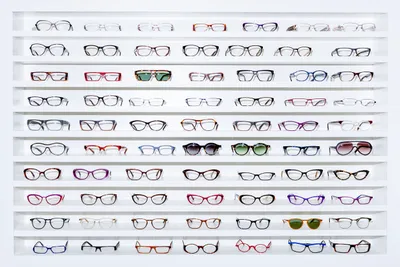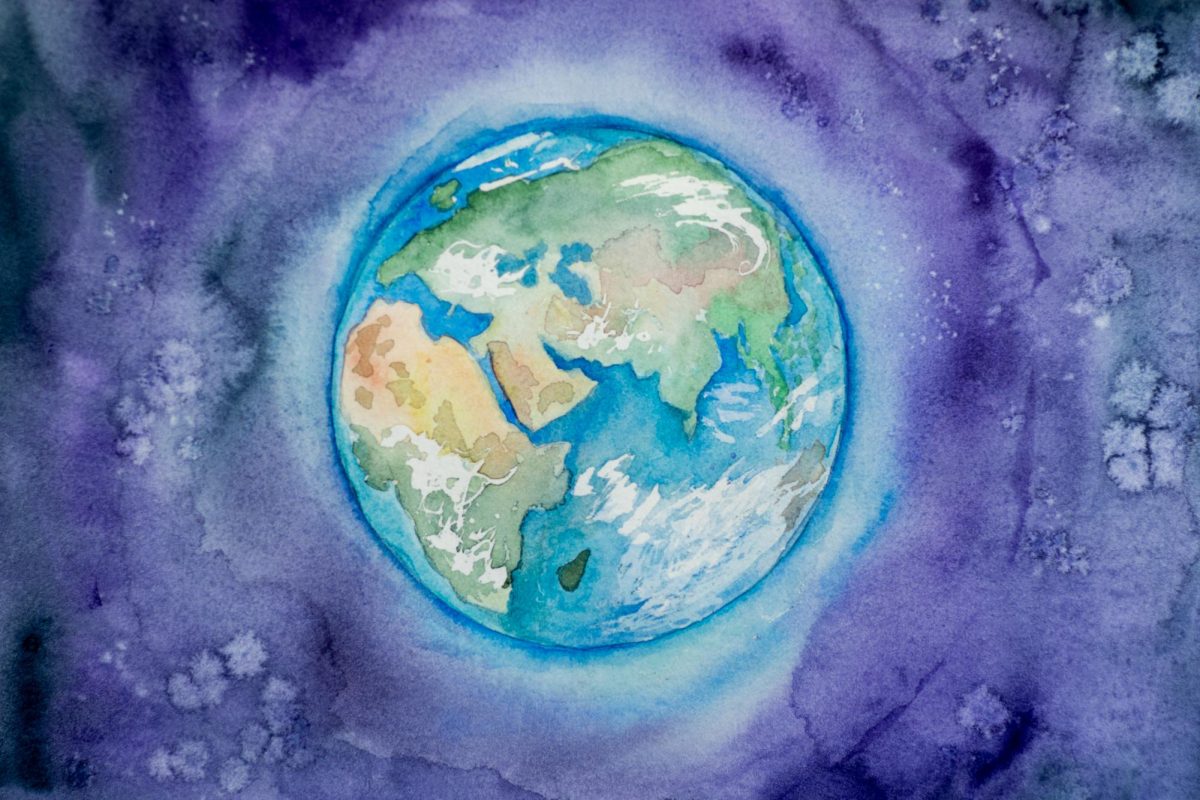Greetings fellow film and media enthusiasts. Follow me as I skyrocket you into the literary world of none other than The New York Times bestseller of a myriad of eclectic—not to mention raunchy— romance novels, Ms. Colleen Hoover; Specifically, her hit publication It Ends With Us.
The saga follows timid young adult Lily Blossom Bloom (insert punching a wall). At its beginning, Lily has recently graduated college, setting her at the ripe and juicy age of 23. Apparently, our male lead–Ryle Kincaid–likes ripe and juicy fruit, because after aggressively kicking around lawn furniture on the roof of his apartment complex, he and his abnormally large arm veins decide to get to know Lily. Lily and Ryle’s relationship seems to be going swell, as they enjoy exploring the rapt aesthetic of the city through a fresh lens of love. Ryle seems to be perfect: his Greek god body, big neurosurgeon brain, and uh…dark mystique? Yet, we soon discover that he is far from it. The man has outbursts of rage, directly abusing and hurting Lily in the process. After finding out about Lily’s first love, Atlas Corrigan, he concludes in his distrust-tainted mind that she still has feelings for him, leading him to only abuse her further. The abuse triggers memories of when Lily’s father domestically abused her mother. The story is indeed captivating, and the message empowering for any readers in an abusive relationship: it’s never too late or impossible to end the cycle, It Ends With Us.
When this was first released in February of 2016, it didn’t do amazingly, but later gained traction on the popular platform TikTok in 2020, becoming the best-selling book of 2022 and 2023. Audiences everywhere were touched by Lily’s bravery and the message from author Colleen Hoover. Two such include actress Blake Lively and actor/producer Justin Baldoni.
Justin Baldoni went on to begin creating the film, and after hearing Hoover’s desire to have Blake Lively as Lily, he immediately contacted her to help collaborate on the film. Eventually, Blake became a main endorser of the film, putting her money into the film and actively becoming a producer.
Going into it, I already heard many mixed reviews. For starters, I watched the various YouTube videos depicting Blake’s insensitive marketing tactics for the movie’s promotion. She barely advocated for domestic violence but rather promoted herself every chance she got. In one interview, Blake was asked if a fan related to the movie’s topic how could they approach her if they wanted a deeper conversation. She apathetically responded: “by asking for my address or my phone number, or like my location.” How self-centered can you be to shift a question about domestic abuse, the message of the film you star in, over to yourself? Let’s not forget the time when she tried to promote her alcohol brand, Betty Booze, by naming one of her alcoholic drinks “Ryle You Wait”, after the ABUSER in the film.
The whole thing left a bad taste in my mouth, and so when my friend called me up to, as Blake said, “wear our florals” and hop to the movie theater…I was already filled with low expectations and general disgust towards the actress.
As the theater’s lights dimmed, and I questioned my life choices, the movie’s opening scene flashed before my eyes. And boy, where do I begin?
Well, maybe by beginning with saying it was horrible. By the time I left the theater, I felt like I had just aged twenty years, and lost my hair and a couple of brain cells, while I was at it.
In the opening scene, Lily is going back home after her father’s death to attend his eulogy, and by then I could tell Lily was nothing like she was in the book. Here, she was confident, vocal, sure of herself, not to mention wearing Gucci shoes. This is the complete opposite of how she was portrayed in the book: timid, shy, lacking in confidence (not to mention broke), which, keep in mind, drives the whole plot of the story because of the power imbalance between Lily and Ryle. By overlooking these details the producers and writers failed to make a realistic portrayal of an abusive relationship (did I mention this was the whole message of the story?), ignoring reasons why it is so hard for some to leave.
Not only that, but Lily was the most annoying character I have ever had the displeasure to watch. Every. Single. Scene. She would laugh for no reason whatsoever, and it made me want to throw my popcorn at the screen. The one tableau in particular that stands out in my mind is the rooftop scene where Ryle and Lily first meet. Whoever wrote the script for this scene should be fired immediately. The scene is ninety percent Lily incessantly laughing–again for no reason–in painfully pointless conversation with Ryle while he eyes her up like she’s a fresh piece of meat. It felt like they were trying so hard to be funny and charming, and it just didn’t work.
That’s another thing that was weird about this movie: they acted like it was a rom-com the majority of the time, then all of a sudden they decided to get serious and focus on the actual theme of domestic abuse in the last twenty minutes. All they would ever do was yammer and pan the camera at weird and uncomfortable angles. There were times when Lily and Ryle would kiss and it repulsed me how close the audience was to their faces. And the camera crew didn’t stop there! Promotional items were shoved down my throat scene after scene. Generally, the camera angles were bizarre and just unpleasant to have to suffer through.
I can safely say with certainty that the It Ends With Us movie–after all the hype surrounding its release–turned out to be the biggest flop of 2024. Not only were the premise and characters altered to be unrealistic and untrue to the details of the book, but the actual production stylization was outlandish and frankly grotesque. The movie was insensitive to the topic of abuse in relationships by the way it attempted rom-com energy in not only its script but the movie’s promotional campaign as well. It exudes selfish intentions by Blake Lively, as she tries to propel her career rather than truly connect with the motif of the story and help those struggling with situations similar to Lily’s.
If you were thinking of watching this movie, I recommend saving that fifteen dollars in your pocket and your last bit of patience. As viewers and members of society, it is our duty to confront indecent acts of wrongful motive and hold our standards of morality high. Celebrities are not above us in their mistakes, and the idolization of actresses like Blake Lively will further drive the message that it’s okay to completely butcher and ignore contentious issues in order to get ahead. Moreover, we cannot let celebrities get away with a lack of purposeful and well-created art just because they are famous.
Next time you go out to watch a movie, I implore you to think of the motivation behind its creation. Ask yourself: do we have another It Ends With Us on our hands?
